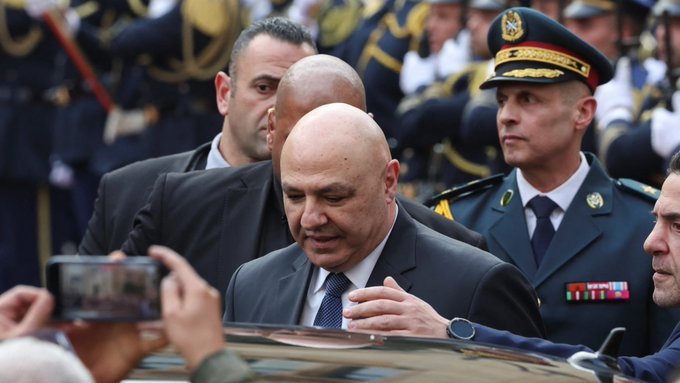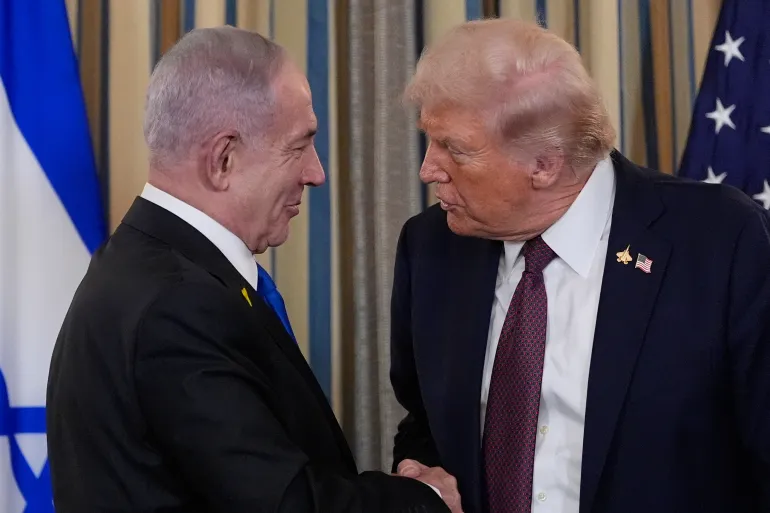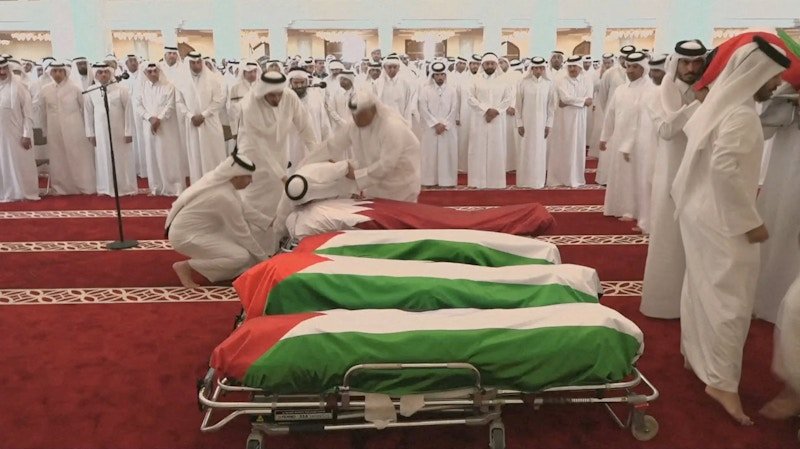Hezbollah Members Can Join Lebanese Army; People Don’t Want War – President Aoun Says Country Waiting for 'Right Time' to Bring All Arms Under State Control
Lebanese President Joseph Aoun said on Sunday that all weapons in Lebanon will eventually be brought under state control, but the government is waiting for the “right circumstances” to determine how that will be implemented.
Hezbollah Members Can Join Lebanese Army; People Don’t Want War – President Aoun Says Country Waiting for 'Right Time' to Bring All Arms Under State Control
Hezbollah Members Can Join Lebanese Army; People Don’t Want War – President Aoun Says Country Waiting for 'Right Time' to Bring All Arms Under State Control
Beirut, April 20 —
Lebanese President Joseph Aoun said on Sunday that all weapons in Lebanon will eventually be brought under state control, but the government is waiting for the “right circumstances” to determine how that will be implemented.
In an official statement, Aoun said:
“The Lebanese people do not want war. Therefore, the armed forces are the only authority responsible for safeguarding Lebanon’s sovereignty and independence.”
After meeting with Maronite Patriarch Cardinal Bechara Boutros al-Rahi, Aoun stated that the issue of Hezbollah’s weapons will be handled with “wisdom and responsibility.”
He added,
“Protecting civil peace is essential, and I will take responsibility for this in coordination with the government.”
Aoun continued:
“We will bring all weapons under state control, but we are waiting for the right moment to determine how that will be done.”
Hezbollah has not yet issued an immediate response to the president’s remarks.
Earlier, in an interview with London-based Arabic news outlet Al-Araby Al-Jadeed, Aoun stated that by 2025, all weapons in Lebanon would be placed under state control. He also said Hezbollah members will be allowed to join the Lebanese army, and “integration training” programs will be arranged for them.
In 2006, the United Nations Security Council adopted Resolution 1701, which enforced a ceasefire between Hezbollah and Israel and called for the establishment of a buffer zone in southern Lebanon. The resolution, along with the Taif Agreement, called for the disarmament of all armed groups in Lebanon.
After border clashes with Israel in November 2024, a ceasefire agreement was implemented. Since then, international pressure on Hezbollah to disarm has increased.
Lebanese authorities reported that since the ceasefire began, Israel has violated the agreement 2,763 times, resulting in at least 193 deaths and 485 injuries.
According to the terms of the truce, Israel was supposed to withdraw completely from southern Lebanon by January 26. However, after failing to do so, the deadline was extended to February 18. Israeli forces are still deployed at five border outposts.










